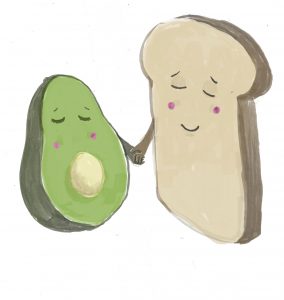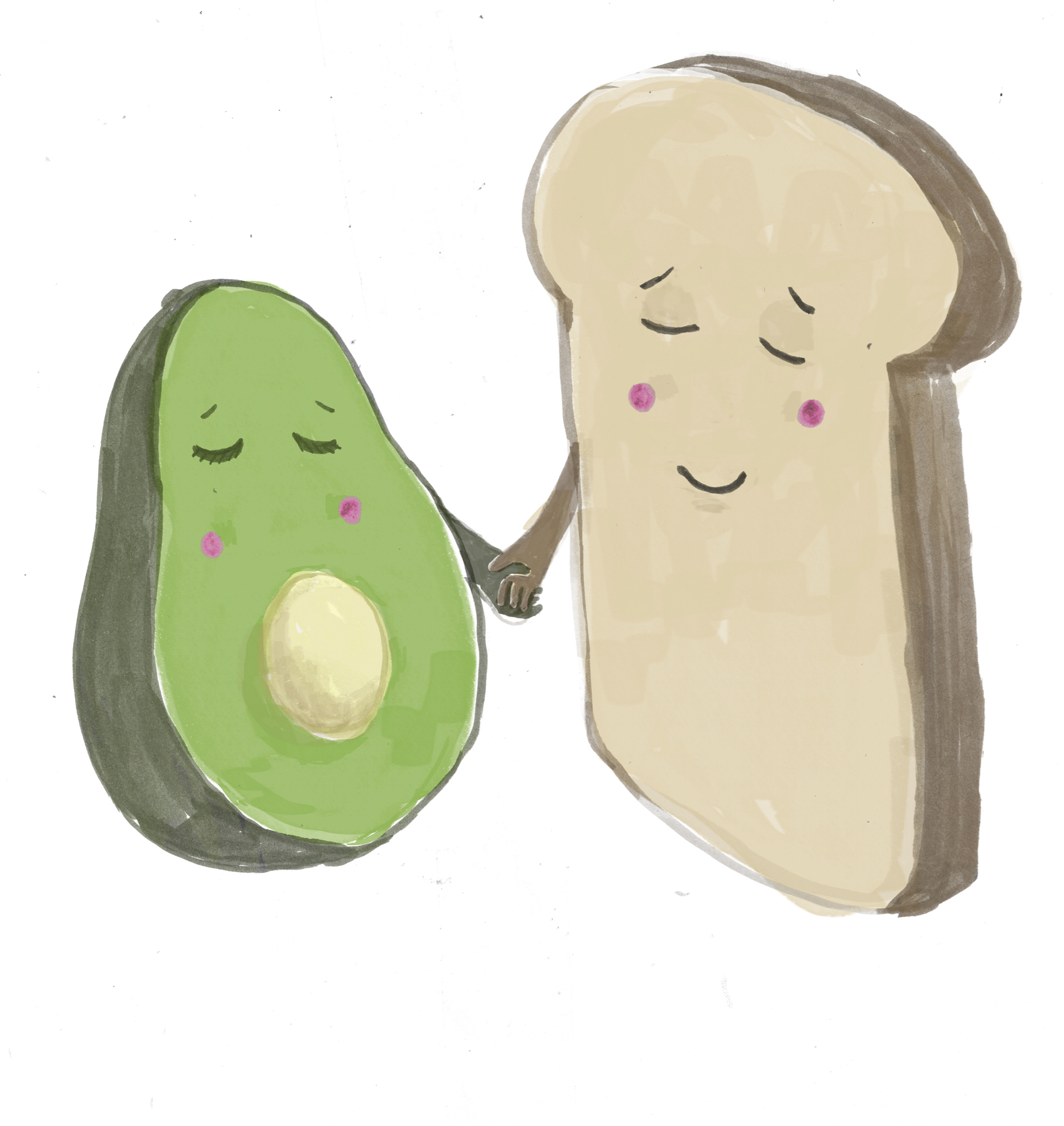
A crime that extends further than robbing millennials’ meager bank accounts
By C J Sommerfeld, Contributor
Avocado toast is a defining characteristic of the millennial portfolio, and it is seriously jeopardizing some people’s lives.
If Generation X had been told that their younger siblings would be spending $12 on two pieces of bread slathered in green butter, they would not have believed it.
“We sell over 140 organic avocados a day,” Micah, produce lead at Be Fresh market said to the Other Press. The cheapest avocados—and therefore the most popular for mass purchase by restaurants—are not locally grown. Like most other budget fruits and vegetables, they are imported from faraway countries speckled around the planet, places like California, Mexico, Peru, New Zealand, South Africa, and so forth.
Over the last few years we have heard about the cartels which have been capitalizing on the avocado farms in Mexico. These fortunately seem to have ceased. Sadly however, avocado farms in Peru—the second largest avocado exporter—are experiencing havoc of a different sort.
Trujillo is a northwestern city on the coast of Peru with a semi-desert climate that makes it ideal for avocado farming. Similarly, its geographical location makes it susceptible to natural disasters. In January 2017 the Peruvian coast received a warm welcome from Mr. El Niño—warm wind currents from the Pacific which greatly interrupt climate on land.
When El Niño hit, the heat and humidity in the coast of Peru skyrocketed. Above-average temperatures spanned into February, but when March arrived, the accumulating heat and humidity transformed into torrential rainfall, flash floods, and landslides.
This was bad news for avocado farmers! Not only do avocado trees have shallow root systems, making swampy soil an unfortunate recipe for rotting roots, a city that is not used to high amounts of rain is not equipped with drainage systems nor is its infrastructure prepared for so much water. This concoction resulted in an unsafe swamp of a work environment which forced avocado farmers to refrain from tending to their crops.
“Nobody worked any farms or distributed because it was all flooded,” resident of Trujillo and avocado distributer, said in an online interview with the Other Press. “It affected everything—the rain destroyed what had been harvested and flooded the crops. We could no longer use them because the floods were carrying everything away.”
According to Brian, “It was the worst tragedy that could happen to Peru.”
We seldom think about the tribulations which international farmers undergo to keep up with the demands from the western world. It is easy to purchase fruit and vegetables without thinking about the processes which have culminated in produce ending up in our reusable shopping bags—yet for countries whose economies benefit greatly from the export of their farmed resources, events which disrupt their production can greatly affect their industries.
Now doesn’t that $12 plate of avocado toast taste a little better?


